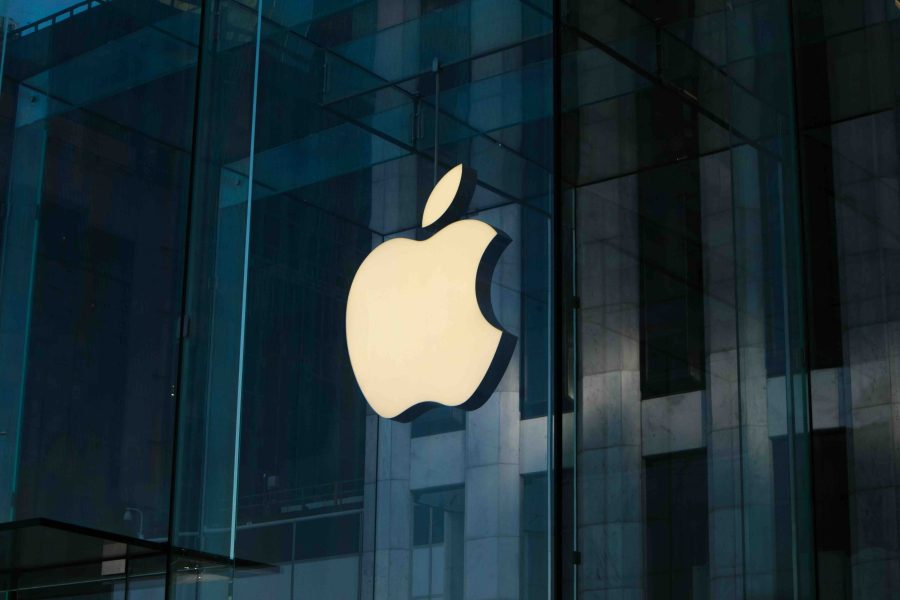Forrester recently found that among the 5,519 information workers the firm polled in US, Canada, the UK, France, and Germany, only 27% would recommend their employer’s products or services to a friend or family. The results are discussed in a new report and a blog entry by analyst Matthew Brown. Interestingly, employees that use social media and smart phones for work were significantly more likely to advocate their companies products or services. Does this mean more access to technology and social tools will lead to a more engaged workforce?

Not necessarily. First of all, Forrester admits its methodology is flawed. Certain products, like cigarettes, have a social stigma attached to them. And workers who work in fields like health care may not be able to readily answer the question of whether they would recommend their company’s product.
Also, causation is a difficult thing to prove. That there’s a correlation between employees who use social media and smart phones for work and employees who would recommend their company’s products and services does not prove that the the former caused the latter.
It’s interesting to note what does’t correlate to employee advocacy. Forrester didn’t find any connection between advocacy and age, company size or personal income.
Job level, industry, profession, and country did have correlations, though. North Americans were more likely than Europeans to be advocates. Employees at retail
and wholesale trade, utilities and telecommunications, and financial services and insurance firms bucked the trend – over 50% of employees in those industries were likely to recommend their company’s products and services. Senior managers are the most likely to be advocates, and call center agents are the least likely. That last point should surprise no one, and I’ve railed on the conditions in call centers before.
Two things not mentioned is the overall job satisfaction of employees, and whether companies with employee advocates had more revenue.
In noted social media curmudgeon and enteprise 2.0 critic Dennis Howlett’s latest critique of what he calls the “social anything” movement, Howlett comments on the performance of former HP CEO Mark Hurd. The Business Insider wrote earlier this year that HP employees’ morale is at an all time low. One HP employee told the Business Insider “We are no different than printers or laptops, just covered in flesh.”
And yet Hurd’s performance as CEO was strong, despite deep dissatisfaction from employees. Maybe that would have changed if he hadn’t been ousted when he was. As Howlett points out, we’ll never know. But it makes me wonder: would all those disgruntled HP employees still recommend HP products? Maybe they would. And even if they wouldn’t, does that affect the company’s bottom line?
Howlett has also recently pointed out a survey of Oracle customers that found that even though 58% were dissatisfied with Oracle’s service, only 25% planned on spending less money on Oracle products and services. In other words, having a large number of very dissatisfied customers might not even affect the bottom line much. (Howlett’s colleague at Constellation, Frank Scavo, has some additional analysis on the Oracle situation.)
Howlett writes:
My sense is that there is only one thing that truly shakes up established businesses: a crisis. Crises provide the window of opportunity for genuine change to take hold. SAP was faced with a crisis when it made changes at the top. The early results appear positive. Looking back in history, IBM almost collapsed in the early 1990s before bringing in new management. I can argue that H-P faced a crisis and is now looking to change. See where I am going?
I’m not as cynical as Howlett about the potential of social media tools in the enterprise to be a transformative force. But I’ve seen enough to know that tools alone don’t change a company. I’d like to think, however, that smart companies can start making the sorts of top-down changes necessary to foster an engaged workforce with the need for a crisis. I’m sure a few of you can give us some good examples.
Forrester spins the results to support its Empowerment meme. I’m all for empowering employees, I have my doubts about “empowerment” as a cure-all for business problems.





















